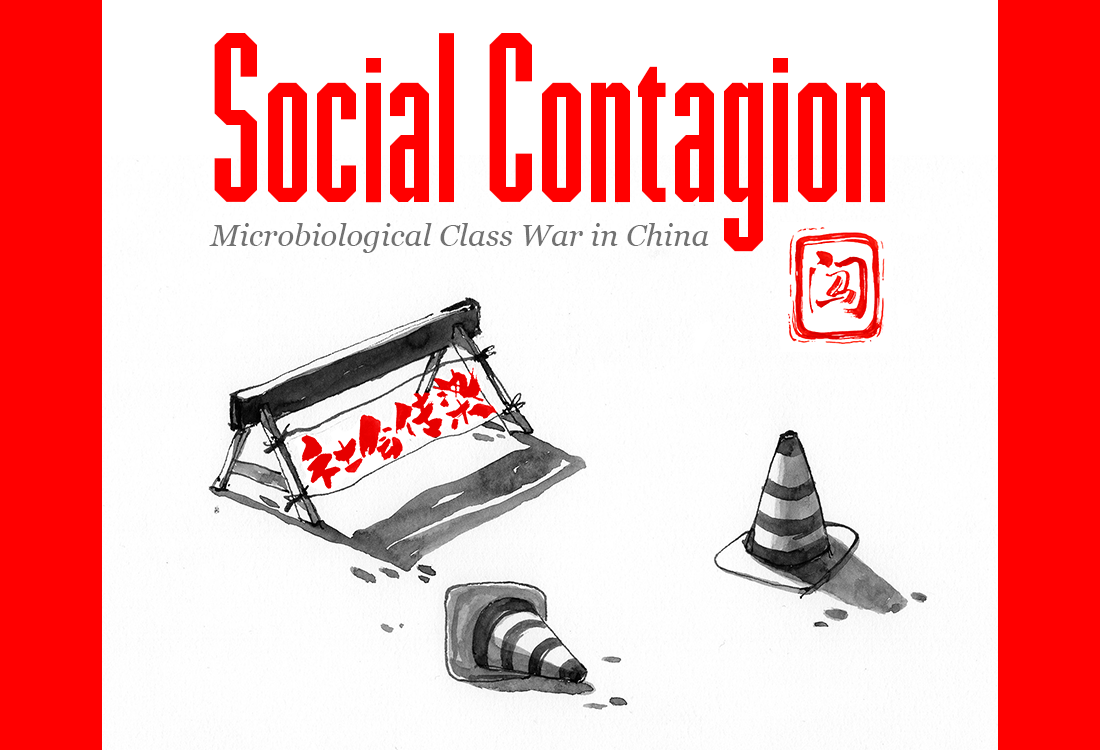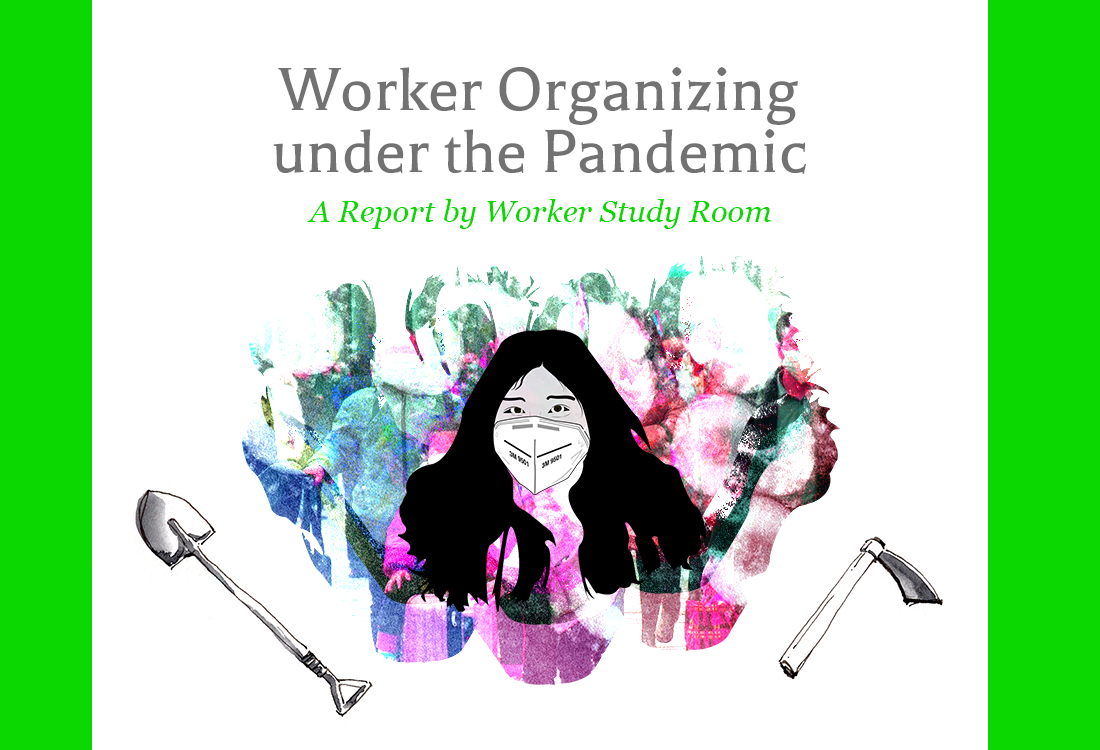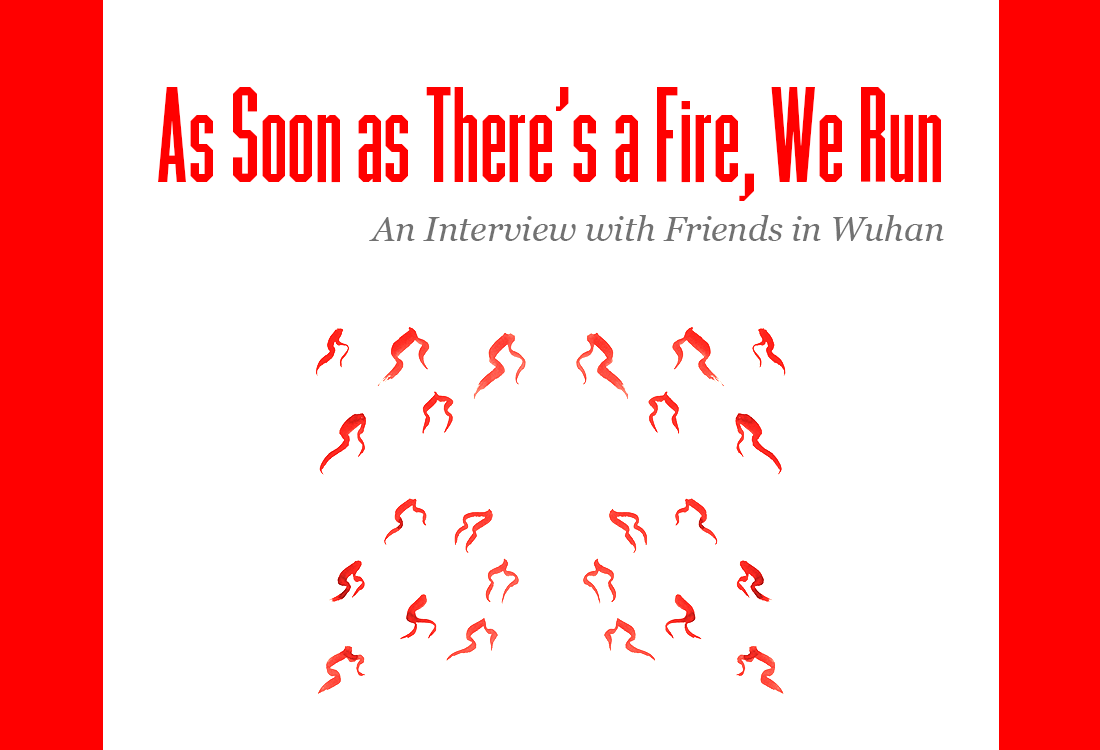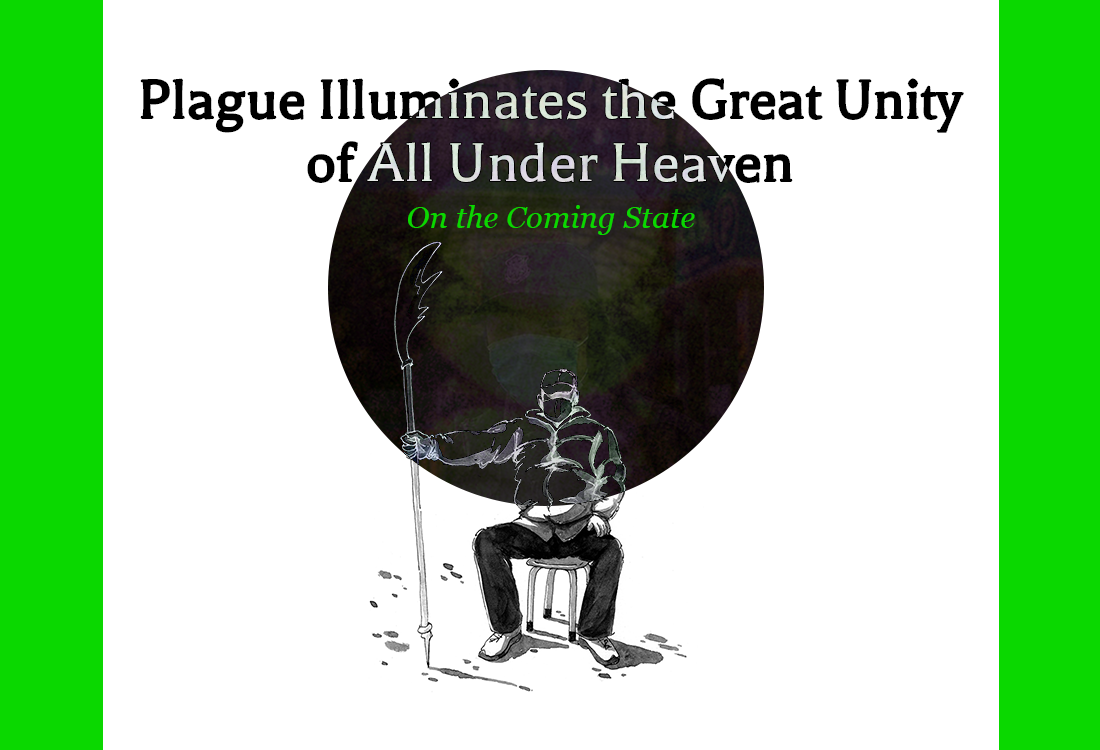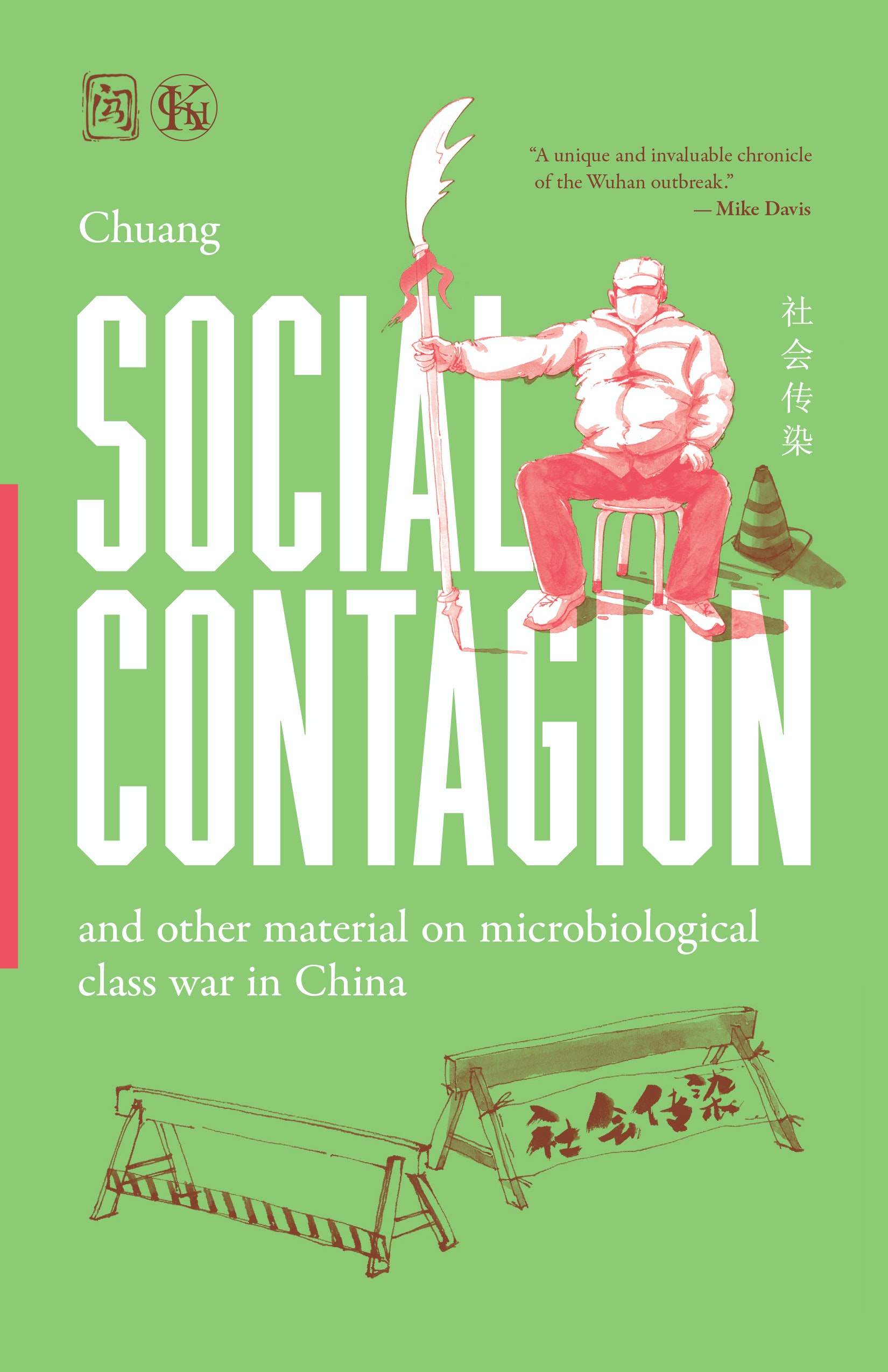
Our first book, published by the historic Charles H Kerr Publishing Company, presents the untold story of the COVID-19 outbreak in Wuhan. We chronicle the struggles of everyday people in the midst of the pandemic and argue that China’s rapid but fragile economic growth has created the social and biological conditions for new and deadly viruses, of which COVID-19 was merely the latest iteration. Through on-the-ground interviews, reports and analysis, Social Contagion offers a piercing portrait of the simultaneously draconian and ineffectual response of the Chinese state, as well as the self-organizing survival strategies of ordinary Chinese workers. We conclude that the pandemic has enabled a new mode of counterinsurgent governance, one rooted in decades of institutional experimentation and an emergent theory of statecraft.
Social Contagion and other material on microbiological class war in China includes an expanded and updated version of “Social Contagion,” our widely read article originally published on February 26, 2020, and collects interviews and translations with activists on the ground. The book concludes with a new, long-form article on the role that the pandemic played in China’s ongoing state-building project.
Print copies are currently available to order from the following websites:
Australia: Booktopia
Canada: Kerspledeb
Hong Kong: Display Distribute
UK: AK Edinburgh
US: AK Press, Barnes & Noble
… and to purchase in person from the following bookshops:
Germany: Schwarze Risse, Schwankende Weltkugel, Oh*21
Hong Kong: HK Reader
UK: 56a Infoshop, Books Peckham, Housmans and Freedom Press
Reviews, Interviews, and Discussions of the Book:
Listen: “Dirty Work: Chuang on China, Communism and Social Contagion“ — an interview with The Antifada, Cinder Bloc and History Against Misery (transcript here)
Watch: “Reflections on Social Contagion” — a panel discussion with Aminda Smith, Kevin Lin, Promise Li, Eli Friedman and Sonali Gupta
Read: “The State of the Plague” — an interview with The Brooklyn Rail
“Every weakness is claimed as strength: Chuang’s ‘Social Contagion’ is critical proletarian research for our catastrophic present” — review by Lausan
“Analysing China’s COVID Response” — review by Marxist Left Review
Reader reviews on Goodreads
Chapter 1
The connection between urbanization and the cultivation of epidemics is itself an old one. While the particularly rapid generation of new plagues has attended capitalism specifically, the phenomenon as such is better identified at the urban-agrarian roots of civilization as such. Here, it becomes necessary to invoke the anti-civilizational underpinnings of communist thought, emphasized repeatedly by Marx and Engels. Civilization has always been a machine for extermination: the movement of settled agrarian states across mainland East Asia can be traced in the fossil record, as in the retreat of the elephants to the mountainous south, and in the pollen record, which shows successive waves of deforestation like a tide ebbing and flowing with the rise and fall of dynasties… (Read More)
Chapter 2
In sum, the impact of job losses and declining real incomes on workers’ lives is much greater than before. Each of these factors has increased the hesitancy and concern of workers to act and has repressed the beginning of a renewed period of struggle. However, the willingness of Chinese workers to resist has not changed—particularly among those in the PRD who have fought directly before. Viewed from another perspective, given the seriousness of the conditions and the caution that workers will take in planning collective actions, the result will likely be that their resistance becomes better organized…(Read More)
Chapter 3
It felt like we were just a piece on the national chessboard. All they cared about was preventing the virus from spreading outside of Wuhan, but not about how those of us stuck in Wuhan could survive… (Read More)
Chapter 4
There is no reason to believe that the new state being constituted on the initiative of the Chinese capitalist class organized in the body of the CCP will necessarily resemble the democracies of the West or even those of the East Asian nations developed under the military tutelage of the US. The only hard requirement for this state is: that it protect the class interests of the bloc of capitalists that it represents; and that it helps maintain the baseline conditions for accumulation. But there is enormous room for experimentation in exactly how these capitalist imperatives are pursued. This experimentation is itself a necessity, producing innovations to better facilitate the social reproduction of the capitalist system at ever larger scales and intensities… (Read More)
